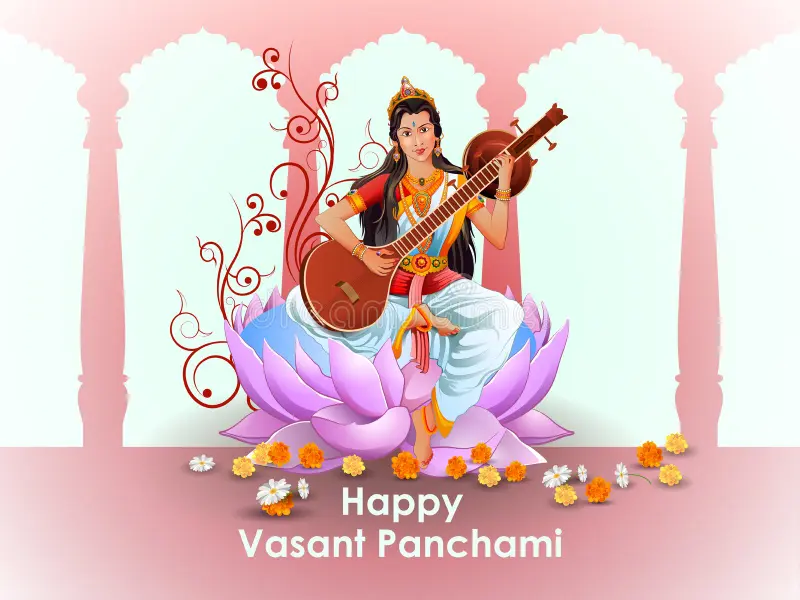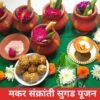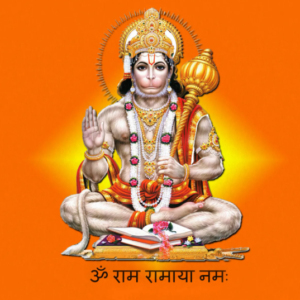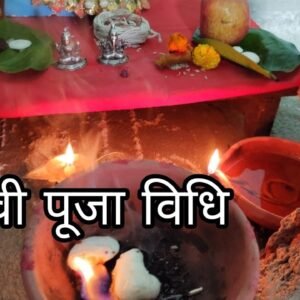Vasant Panchami
Vasant Panchami (Sanskrit: वसन्त पञ्चमी, romanized: Vasanta Pañcamī), also rendered Vasanta Panchamiand Saraswati Puja in honour of the Hindu goddess Saraswati, is a festival that marks the preparation for the arrival of spring. The festival is celebrated in Indian religions in different ways depending on the region. Vasant Panchami also marks the start of preparation for Holika and Holi, which take place forty days later. The Vasant Utsava (festival) on Panchami is celebrated forty days before spring, because any season’s transition period is 40 days, and after that, the season comes into full bloom.

Nomenclature and date
Vasant Panchami is celebrated every year on the fifth day of the bright half of the Hindu lunisolar calendar month of Magha, which typically falls in late January or February. Spring is known as the “King of all Seasons”, so the festival commences forty days in advance. It is generally winter-like in northern India, and more spring-like in central and western parts of India on Vasant Panchami, which gives credence to the idea that spring is actually in full bloom 40 days after the Vasant Panchami day.
The festival is particularly observed by Hindus in the Indian subcontinent, notably India and Nepal. In southern states, the same day is called Sri Panchami.
On the island of Bali and the Hindus of Indonesia, it is known as “Hari Raya Saraswati” (great day of Saraswati). It also marks the beginning of the 210-day long Balinese Pawukon calendar.
Hinduism

Saraswati Puja
Vasant Panchami is a festival of Hindus that marks the beginning of preparations for the spring season. It is celebrated by people in various ways depending on the region. Vasant Panchami also marks the start of preparation for Holika and Holi, which occur forty days later. For many, Vasant Panchami is the festival dedicated to goddess Saraswati who is their goddess of knowledge, language, music, and all arts. She symbolizes creative energy and power in all its forms, including longing and love. The season and festival also celebrate the agricultural fields’ ripening with yellow flowers of mustard crop, which Hindus associate with Saraswati’s favorite color. People dress in yellow saris or shirts or accessories, share yellow-colored snacks and sweets. Some add saffron to their rice and then eat yellow cooked rice as a part of an elaborate feast.
Many families mark this day by sitting with babies and young children, encouraging their children to write their first words with their fingers, and some study or create music together.The day before Vasant Panchami, Saraswati’s temples are filled with food so that she can join the celebrants in the traditional feasting the following morning. In temples and educational institutions, statues of Saraswati are dressed in yellow and worshiped. Many educational institutions arrange special prayers or pujas in the morning to seek the blessing of the goddess. Poetic and musical gatherings are held in some communities in reverence for Saraswati.
In Eastern India, primarily in the states of West Bengal, Assam, Tripura and Bihar, as well as in Nepal, people visit Saraswati temples and also worship Goddess Saraswati at home (Saraswati Puja). In West Bengal, it’s one of the major festivals for Bengali Hindus and observed by many households; most schools arrange Saraswati puja for their students on their premises. In Bangladesh too, all major educational institutes and universities observe it with a holiday and a special puja.
In the state of Odisha, the festival is celebrated as Basanta Panchami/Sri Panchami /Saraswati Puja. Homas and Yagnas are done in schools and colleges across the state. Students celebrate Saraswati puja with great sincerity and fervor. Usually, children four and five years old start learning on this day in a unique ceremony named ‘Khadi-Chuan’ or ‘Vidya-Arambha’. This is alternatively known as “Haate-Khori” among Bengali Hindus.
In southern states such as Andhra Pradesh, the same day is called Sri Panchami where “Sri” refers to her as another aspect of the one goddess Devi.
Other deitie

Another legend behind Vasant Panchami is based on the Hindu god of love called Kama. Pradyumna is Kamadeva reborn as Krishna’s son. Thus Vasant Panchami is also known as “Madana Panchami”. Pradyumna is the son of Rukmini and Krishna. He awakens the passions of the earth (and its people) and thus the world blooms anew.
It is remembered as the day when the Seers (Rishis) approached Kama to wake up Shiva from his Yogic meditation. They support Parvati who is doing a penance to get Shiva as husband and seek Kama’s help to bring Shiva back from his meditation to worldly desires. Kama agrees and shoots arrows, made of flowers and bees, at Shiva from his heavenly bow of sugarcane in order to arouse him to pay attention to Parvati. Lord Shiva awakens from his meditation. When his third eye opens, a fireball is directed to Kama. Kama the Lord of desires is burnt to ashes. This initiative is celebrated by Hindus as Vasant Panchami.
Vasant Panchami is associated with the emotions of love and emotional anticipation in Kutch (Gujarat) and is celebrated by preparing bouquets and garlands of flowers set with mango leaves, as a gift. People dress in saffron, pink, or yellow and visit each other. Songs about Krishna’s pranks with Radha, considered to mirror Kama-Rati, are sung. This is symbolized with the Hindu deity Kama with his wife Rati.
Traditionally, in Maharashtra, Madhya Pradesh, Chhattisgarh and Uttar Pradesh, after bathing in the morning, people worship Shiva and Parvati. Offerings of mango flowers and the ears of wheat are traditionally made.
Deo temple: Sun God
The shrine of the Sun God in Aurangabad district, Bihar known as the Deo-Sun Shrine, was established on Basant Panchami. The day is celebrated to commemorate the founding of the shrine by King Aila of Allahabad and the birthday of the Sun-Deo God. The statues are washed and old red clothes on them are replaced with new ones on Basant Panchami. Devotees sing, dance and play musical instruments













Reviews
There are no reviews yet.